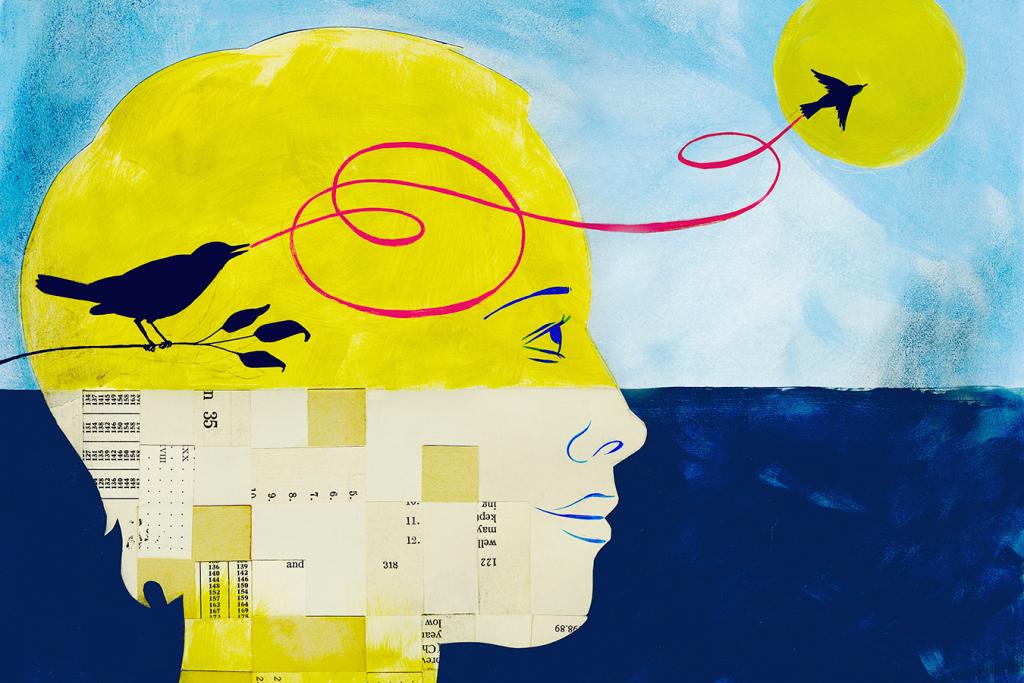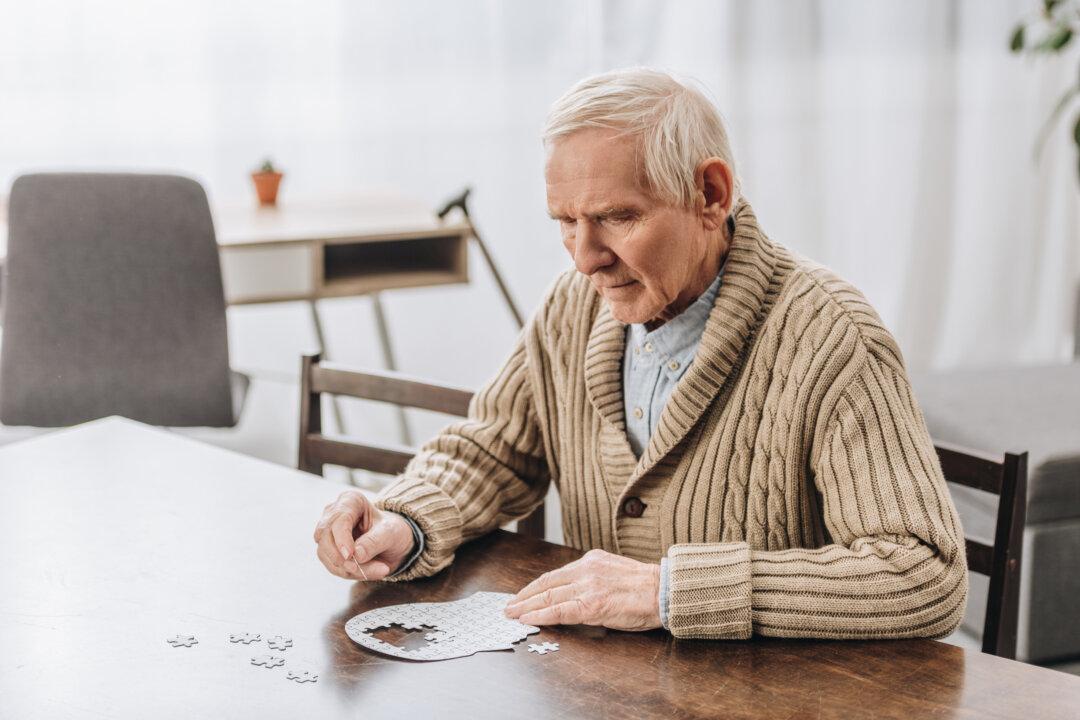Older adults need to eat more protein-rich foods when losing weight, dealing with a chronic or acute illness, or facing a hospitalization, according to a growing consensus among scientists.
During these stressful periods, aging bodies process protein less efficiently and need more of it to maintain muscle mass and strength, bone health, and other essential physiological functions.





